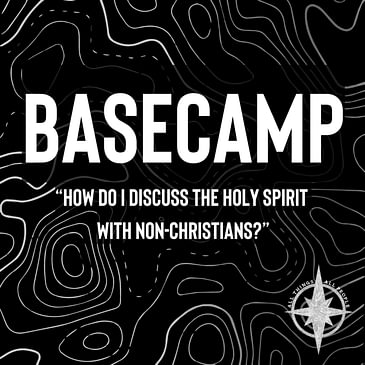The Holy Spirit is the least understood person of the Trinity. So how do we explain it to non-Christians? This episode walks through the various groups we might come across and how we might begin conversations around the Holy Spirit, and God's trinitarian nature as a whole.
Sign up for the Exploration Society Journal: https://society.allthingsallpeople.org/Society-Journal
LDS/JW Scripture Reference Guide: https://society.allthingsallpeople.org/resources
Email Jeremy: Jeremy@allthingsallpeople.org
Follow ATAP on Instagram: https://www.instagram.com/allthings.allpeople/




